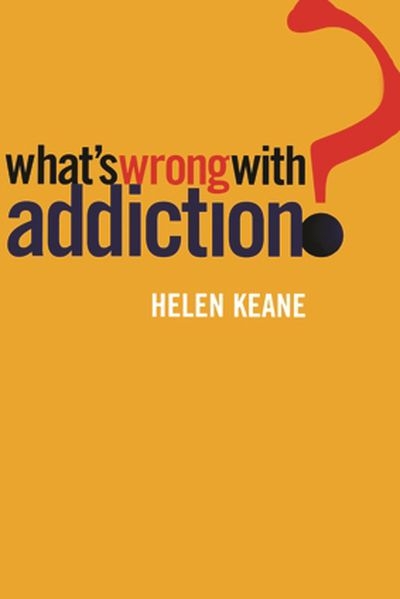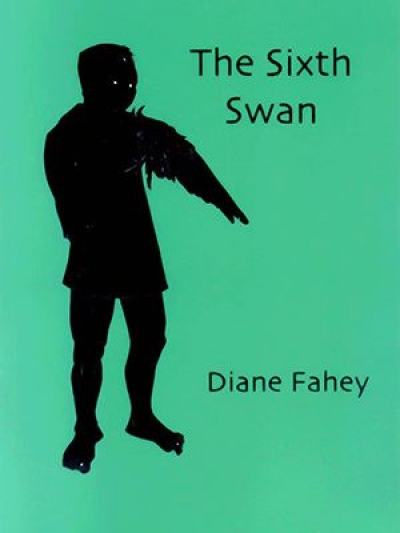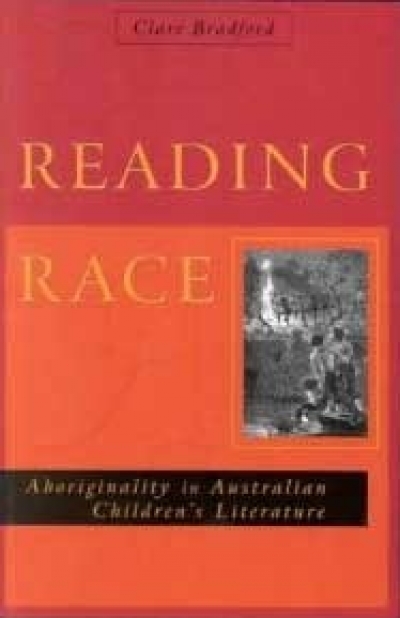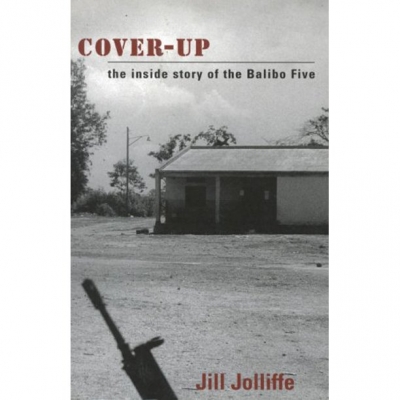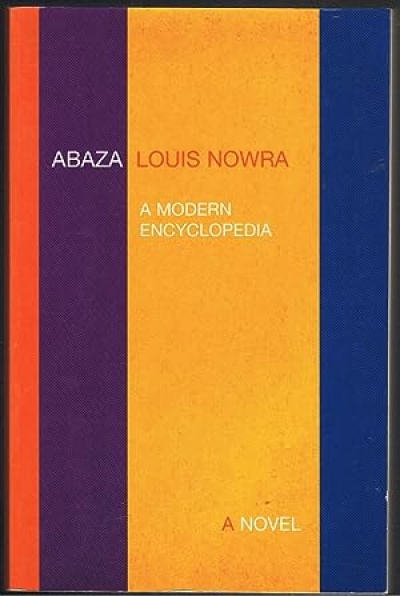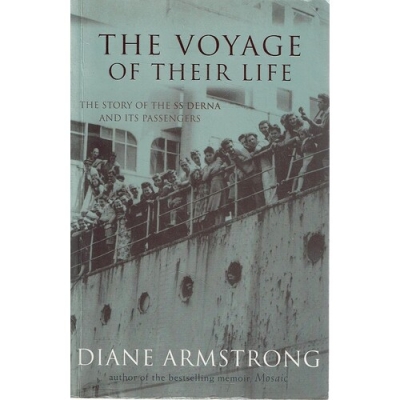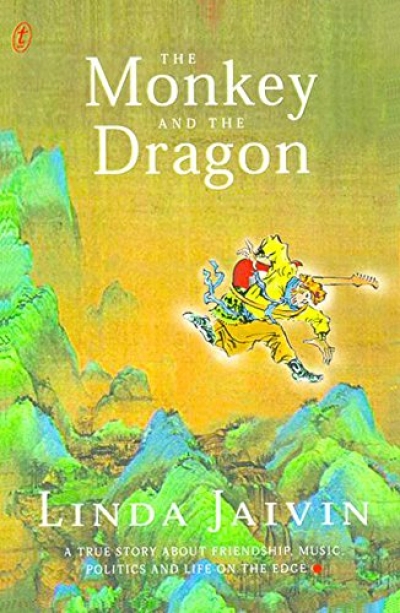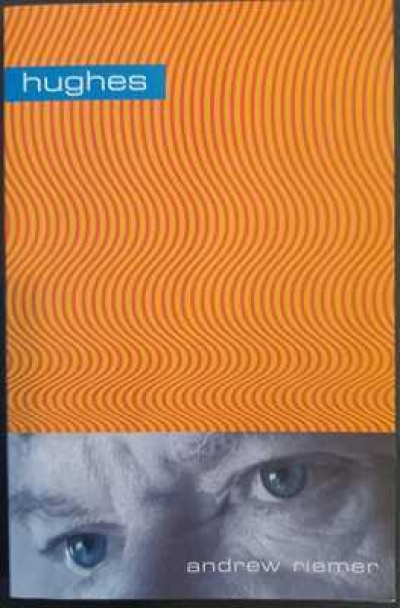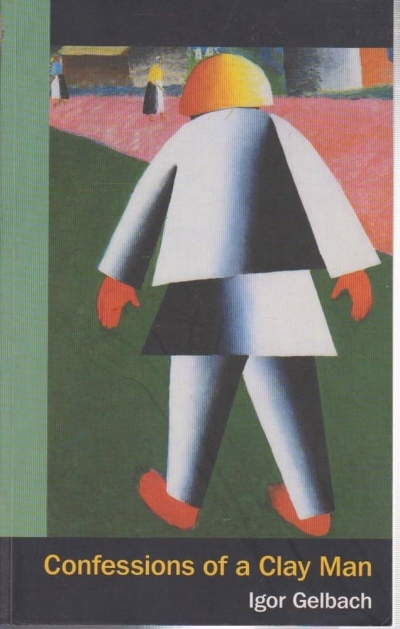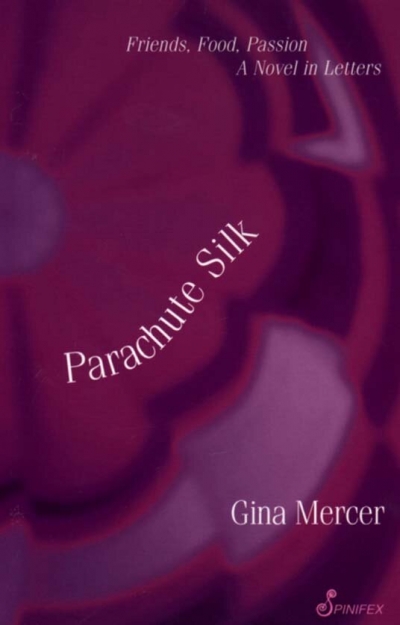Review
What’s Wrong with Addiction? by Helen Keane & Modernising Australia’s Drug Policy by Alex Wodak and Timothy Moore
by Desmond Manderson •
Reading Race: Aboriginality in Australian children's literature by Clare Bradford
by Margaret Dunkle •
Cover-Up: The inside story of the Balibo Five by Jill Jolliffe
by Jill Jolliffe •
The Voyage of Their Life: The Story of the SS Derna and Its Passengers by Diane Armstrong
by Doris Brett •
The Monkey and the Dragon: A True Story about Friendship, Music, Politics and Life on the Edge by Linda Jaivin
by Alison Broinowski •
Hughes by Andrew Riemer & Ellis Unpulped by Michael Warby
by Peter Beilharz •

